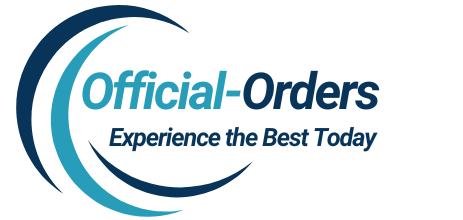Understanding the Importance of Project Management Documents
project management documents play a crucial role in ensuring the success of any project. They serve as a roadmap that guides project managers and team members through the various stages of project planning, execution, and monitoring. In this article, we will delve into the significance of project management documents, their benefits, and provide answers to some frequently asked questions.
The Benefits of Utilizing Project Management Documents
project management documents are essential for keeping all project stakeholders informed and aligned. They provide a clear framework for project planning, resource allocation, communication, and risk management. By documenting key project details and milestones, these documents help in tracking progress and identifying potential bottlenecks before they escalate into major issues.
FAQs About Project Management Documents
1. Why are Project Management Documents important?
project management documents are important as they provide a structured approach to managing projects, ensuring that all stakeholders are on the same page regarding project goals, timelines, and deliverables.
2. What are some common project management documents?
Common project management documents include project charters, work breakdown structures, project schedules, risk registers, and status reports.
3. How can project management documents help in risk management?
project management documents help in risk management by identifying potential risks early on, developing mitigation strategies, and keeping track of risk responses throughout the project lifecycle.
4. Are there templates available for project management documents?
Yes, there are numerous templates available for project management documents, which can provide a starting point for creating your own customized documents based on the specific needs of your project.
5. How do Project Management Documents aid in accountability?
Project management documents aid in accountability by clearly defining roles and responsibilities, setting expectations for deliverables, and establishing a framework for tracking progress against predefined objectives.
Conclusion
Effective project management requires the diligent use of project management documents to streamline processes, enhance communication, and mitigate risks. By leveraging these documents, project managers can ensure that projects are completed on time, within budget, and to the satisfaction of all stakeholders.
